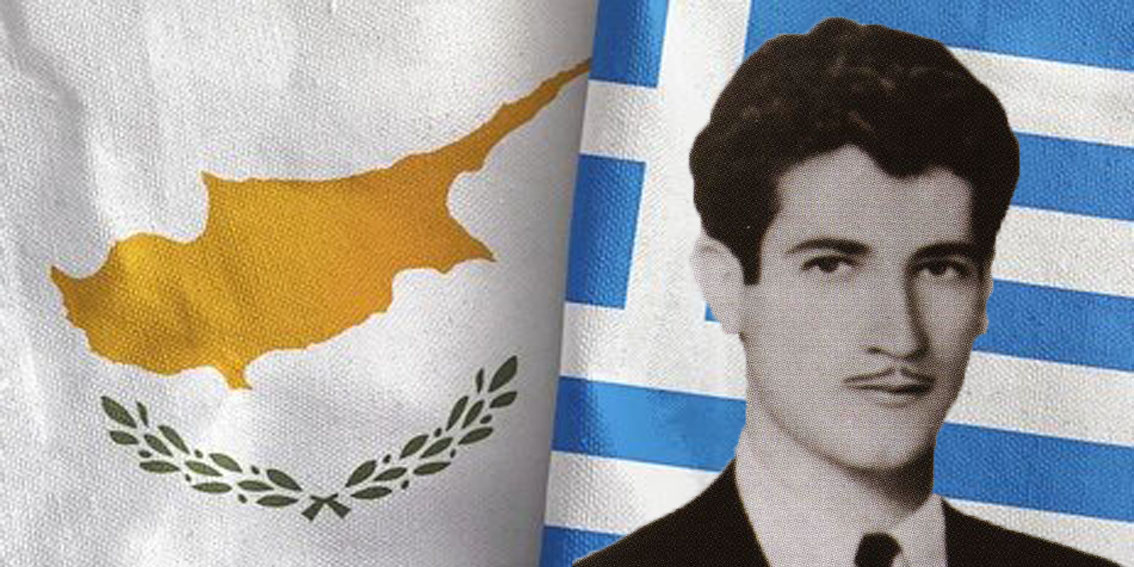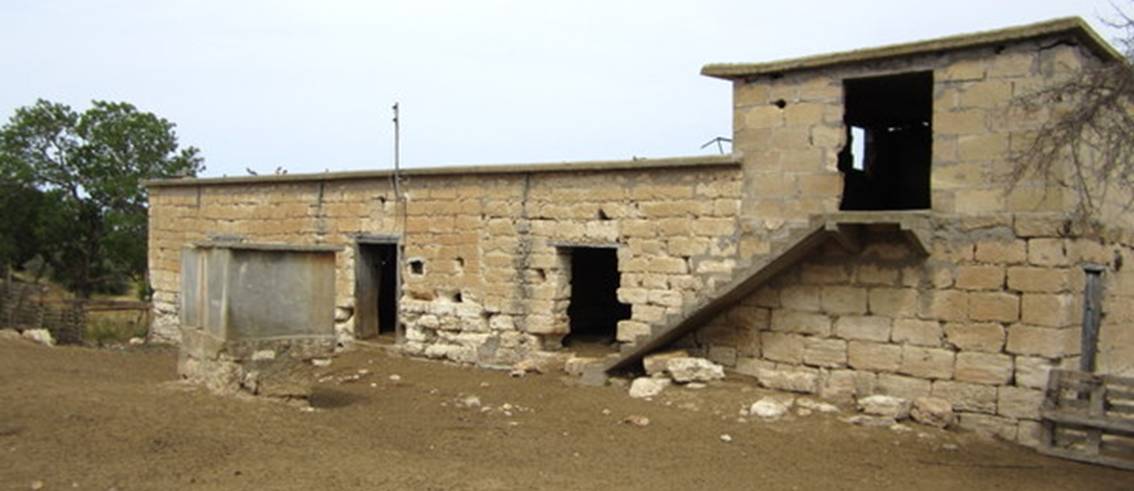Early Life and Community Roots
Nikos Evagorou entered the world on March 29, 1941, in the small village of Palodia in the Limassol district. He attended the local primary school, immersing himself in his community from a young age. His education continued at the Limassol Commercial Academy, where he further developed his skills and perspectives. Beyond the classroom, Nikos was an active and energetic youth. He dedicated his time to the “Hermes” Palodia sports club and also participated in the Agia Triada Catechetical Schools of Limassol. These activities forged his character and deepened his local connections.
A Sudden and Heavy Responsibility
A pivotal moment arrived when his older brother, Charalambos, moved away from Palodia. This event thrust immense responsibility onto the shoulders of the sixteen-year-old Nikos. He courageously took over his brother’s critical position within the EOKA organization, becoming the leader of the local Palodia group. The young leader did not hesitate. He immediately began reorganizing the group’s members and operations. Under his direction, the team engaged in the dangerous work of constructing bombs and mines. They also built secret hideouts and planned direct attacks against the British authorities.
Confrontation and Life in Hiding
The British forces arrested Evagorou on May 4, 1958, after they discovered EOKA letters in his possession. Although they released him after eight days, Nikos understood his precarious situation. He knew that once the British translated the incriminating letters, they would certainly seek his arrest again. Refusing to wait for capture, he made the fateful decision to vanish into the shadows. He joined a semi-guerrilla group operating in his area, fully committing to an armed struggle.
The Final Sacrifice
On October 5, 1958, Nikos and two other guerrillas, alongside village guards, prepared an ambush. They targeted a British military convoy at Lari, near the village of Fasoula. The group launched a successful attack on the vehicles. However, as they retreated to the safety of their hideout, disaster struck. Soldiers from a trailing military vehicle spotted them and opened fire. The skirmish claimed the young fighter’s life.
Discovery and Legacy
A search party found Nikos Evagorou’s body nine days later at Kastro in Fasoula. Vultures had eaten the flesh from his hands and face. Next to his body, searchers discovered a personal manuscript. An excerpt from his writing includes the following words.
“ I am here, on duty, faithful to the laws of religion and homeland, because the voice of the enslaved Cyprus called me to fight, with her other children for Freedom! Yes, my sweet homeland. “I will fight and die for your freedom. My pen says it, my lips say it, my soul says it”! ”
Nikos Evagorou




